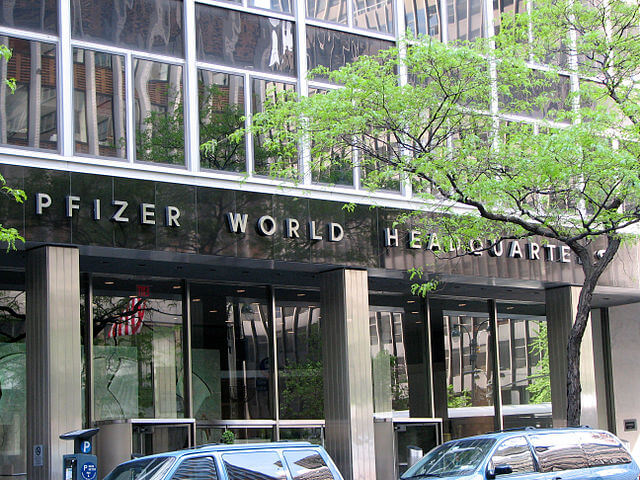Pfizer: new drugs to dominate cancer treatment market?

Pharmaceutical giant Pfizer will start conducting 20 more trials on cancer treatment and even more in the coming years as it plans to dominate the cancer treatment market, Associated Press reported.
About 10 years ago, Pfizer did not develop any product targeted towards cancer treatment since most of the time, the company is focused on addressing erectile dysfunction and high cholesterol issues.
This time, Pfizer decided to join the cancer treatment market and have its research and development as one of the areas that needs to be given focus.
Based on the company's portfolio of cancer drugs, it has eight of them regulated by drug boards. Four of them have been introduced in the last four years.
Five out of the eight drugs are on their late-stage clinical trials, seeking approval for additional uses.
In addition, the company has 14 cancer products in their early experimental stages, with three already on the late-stage testing.
According to Edward Jones strategist Ashtyn Evans in the AP report, although Pfizer does have everything it takes to compete in the market, it is still "far behind" the likes of Bristol and Merck when it comes to cancer treatments.
However, Evans also said that Pfizer's best chance is their latest drug innovation, the breast cancer drug Ibrance, which is currently being tested on different cancers.
Evans also thinks that the New York-based pharmaceutical firm will experience an increase in its cancer treatment sales to around 10 percent of the revenue by 2020.
Meanwhile, Ibrance is now on its phase III clinical trial to test its efficacy on both early- and advanced-stage breast cancer.
Ibrance, with the generic name of palbociclib, was already approved by the Food and Drug Administration last February this year for the treatment of advanced, hormone-positive breast cancer.
Now, the drug is under trial to see if it, when added to the standard therapy, can improve disease-free survival rate of patients who have early-stage estrogen-receptor-positive but HER2-negative (HR+/HER2-) tumors.











